We do interdisciplinary research by combining mathematical and computational approaches with database analysis to harness the evolution of asexual populations of malignant cells, pathogens, and entire microbial communities.
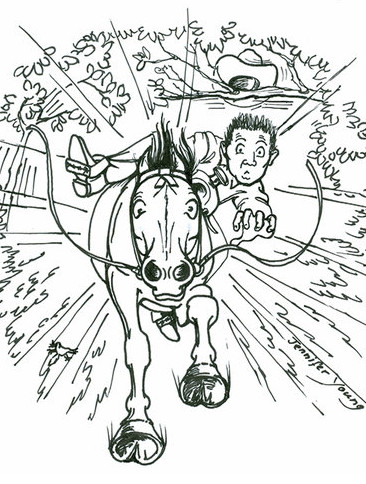
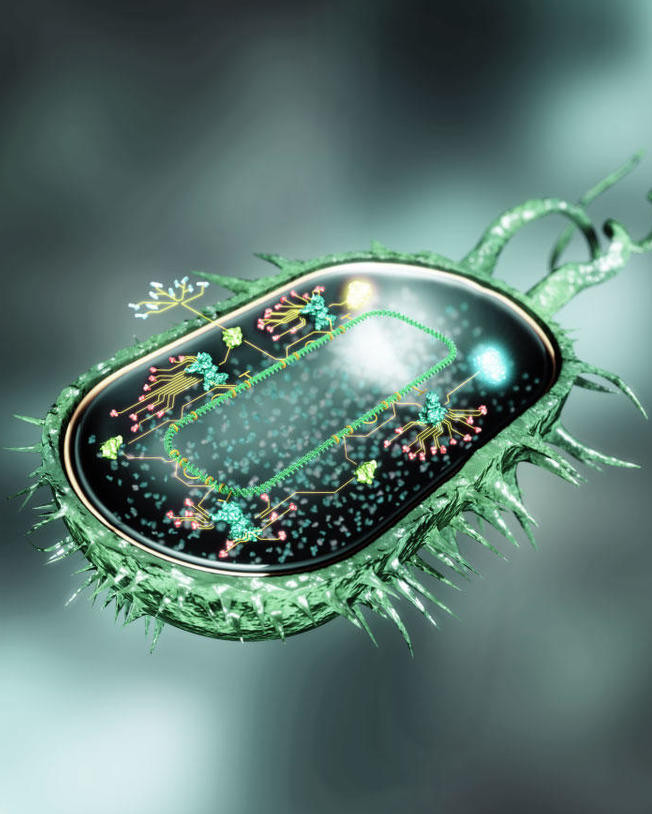
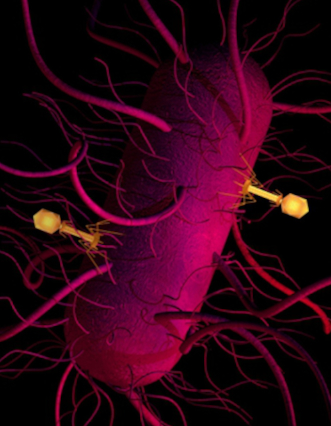

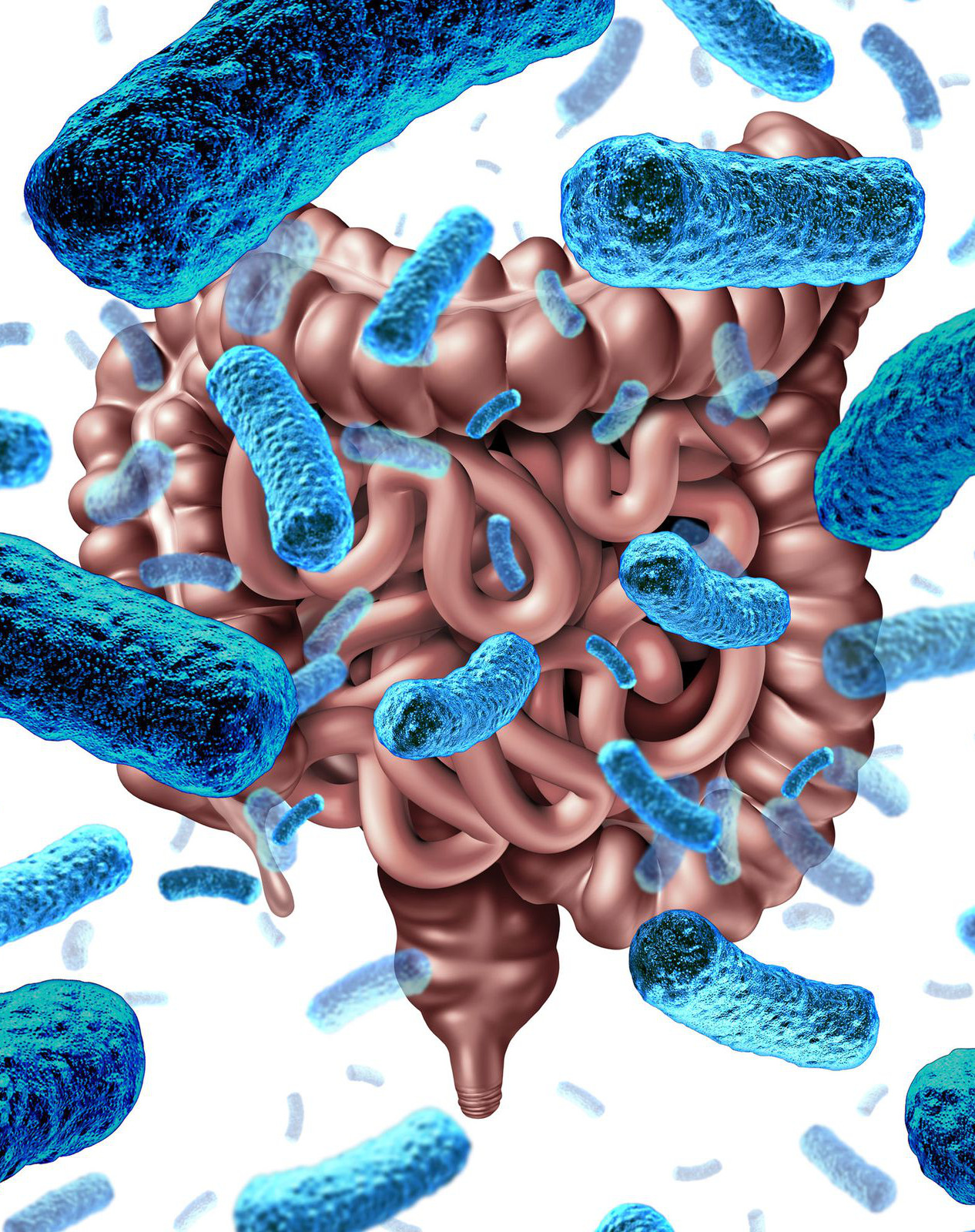

We do not believe in vertical hierarchies, we are just at different stages in our careers (principal investigator, postdoc, master student, technician, undergraduate).
Scientific production (papers, book chapters, and outreach).
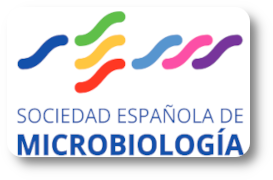
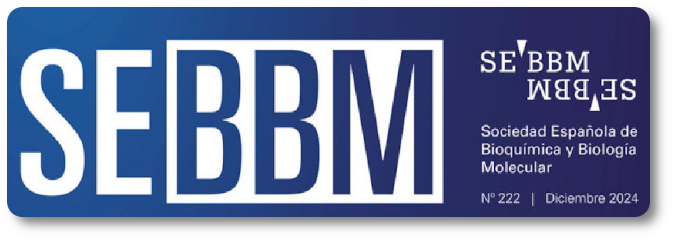
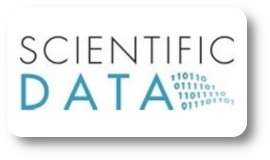


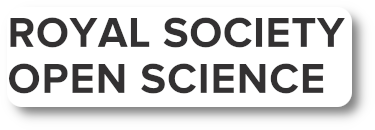

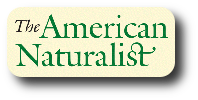






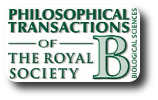


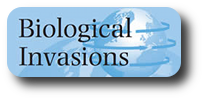

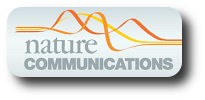
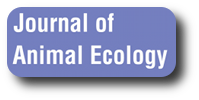

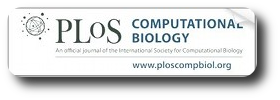







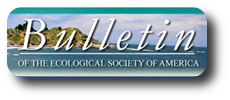



Sharks avoid competence hunting distinct prey at different places, but is that enough to guarantee their survival?




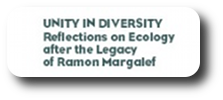

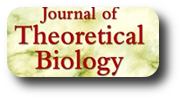




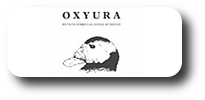
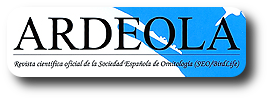

Conferences and workshops (by invitation, request, or just attendance).

February 20, 2024
Kickoff Meeting BCBHub-CSIC, Valencia (Spain).
Oral contribution (by invitation):
"Computational ecology".

September 4-7, 2023
Ben-Gurion University of the Negev, Be'er Sheva (Israel).
Keynote talk:
"The evolution of virulence in host-parasite infection networks: a computational approach".
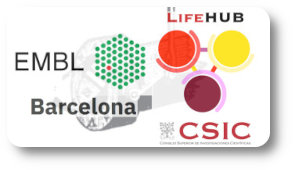
July 5, 2023
LifeHub-CSIC / EMBL Barcelona Workshop, Barcelona (Spain).
(attended).

March 21-23, 2022
ICMAT Institute of Mathematical Sciences (CSIC, UAM, UCM, and UC3M), Madrid (Spain).
(attended).
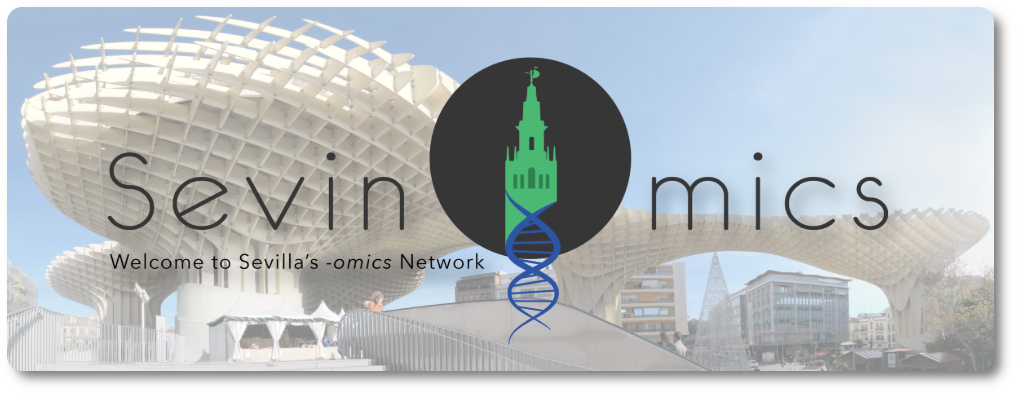
April 30, 2021
EBD, IBVF, University of Seville, CABIMER, UPO, and IRNAS, Seville (Spain).
Oral contribution:
"Digital evolution in the genomics era".
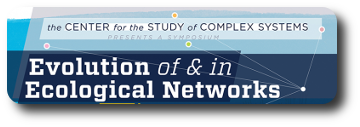
September 27, 2018
Center for the Study of Complex Systems (Michigan University), Ann Arbor (USA).
Oral contribution (by invitation):
"Coevolutionary dynamics shape the structure of bacteria-phage infection networks".

February 7, 2018
Eawag (Swiss Federal Institute of Aquatic Science and Technology), Kastanienbaum (Switzerland).
Oral contribution (by invitation):
"JupyterHub and the Web of Life".
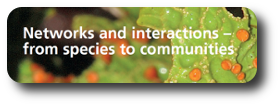
January 21-23, 2018
Rigi-Workshop, at Rigi Kulm (Switzerland).
Organized by the Platform of the Swiss Academy of Sciences (SCNAT).
Oral contributions (by invitation):
"The Web of Life".
"Coevolving networks".

September 11-13, 2017
University of Leuven, Leuven (Belgium).
Oral contribution (by invitation):
"The evolving web of antagonistic interactions among digital organisms".
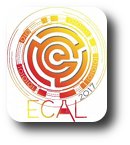
September 4-8, 2017
European Conference on Artificial Life at Lyon (France).
Tutorial:
"Digital coevolution: a beginner's guide".

August 10-14, 2015
15th Biennial Congress, at Lausanne (Switzerland).
(attended).

July 20-24, 2015
European Conference on Artificial Life, at York (UK).
Oral contribution:
"Unraveling the genotype-phenotype map of digital organisms".

July 11-15, 2015
24th International Conference on Genetic Algorithms and 20th Annual Genetic Programming Conference, at Madrid (Spain).
(attended).

June 26-30, 2015
Annual Meeting, at Guarujá, Sao Paulo (Brazil).
Oral contribution:
"Unraveling the genotype-phenotype map of digital organisms".
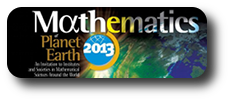
October 11, 2013
Museo de Ciencias Naturales, Madrid (Spain).
Oral contribution (by invitation):
"Las matemáticas de la biodiversidad".

October 3-4, 2013
8th Student Colloquium, at Xalapa, Veracruz (Mexico).
Organized by INECOL (Institute of Ecology).
Oral contributions (by invitation):
"Biodiversity conservation through a network lens".
"Evolving digital ecological networks".

April 4, 2013
Teatro La Alameda, Sevilla (Spain).
Oral contribution (by invitation):
"Rebobinando la película de la historia evolutiva".

July 19-22, 2012
Artificial Life 13th: International Conference on the the Simulation & Synthesis of Living Systems.
Michigan State University, East Lansing, Michigan (USA).
(attended).

July 16, 2012
Universidad Internacional del Mar, Murcia (Spain).
Oral contribution (by invitation):
"La arquitectura de la biodiversidad".

June 23-26, 2012
Annual Meeting, at Dublin (Ireland).
Oral contribution (by invitation):
"The evolution of species interaction networks".

February 16-18, 2011
Northern Arizona University, Flagstaff, Arizona, (USA).
Organized by Thomas Whitham.
Oral contribution (by invitation):
"Plant-animal interaction networks of foundation species within a genetics context".

May 28-30, 2010
Canadian Institute for Advanced Research (CIFAR).
University of British Columbia, Vancouver (Canada).
Oral contribution (by invitation):
"Ecological networks: nested and modular structures".

January 20-22, 2010
Program Meeting, at Dana Point, California (USA).
(attended).
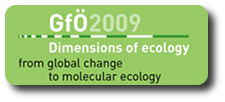
September 14-18, 2009
39th Annual Conference, at Bayreuth (Germany).
Oral contribution (by invitation):
"Spatial networks in ecology".

August 2-7, 2009
94th Annual Meeting, at Albuquerque, New Mexico (USA).
Oral contribution:
"The architecture of bird migration networks across Europe".

December 10-12, 2008
Physics Department, University of Barcelona, (Spain).
Organized by Boguña, Díaz-Guilera, Pastor-Satorras, & Serrano.
(attended).

October 6-10, 2008
Queensland University, Brisbane (Australia).
Organized by Eve McDonald-Madden & Hugh Possingham.
(attended).

August 3-8, 2008
93rd Annual Meeting, at Milwaukee, Wisconsin (USA).
Oral contribution:
"The roosting spatial network of a bird-predator bat".

June 9-12, 2008
New Directions in Network Modelling, at Paris (France).
Tackling Complexity in Science, 4th Workshop.
Coordinated by Markus Kirkilionis.
(attended as supporting node of Ecology)

February 18-20, 2008
Institute for Cross-Disciplinary Physics and Complex Systems (IFISC), Mallorca (Spain).
Oral contribution (by invitation):
"Spatial networks in ecology".

September 19-21, 2007
Fribourg University, Fribourg (Switzerland).
Organized by Louis-Félix Bersier.
(attended).

August 10-15, 2007
92nd Annual Meeting, at San Jose, California (USA).
Oral contribution:
"Spatial mating networks in insect-pollinated plants".

June 4-5, 2007
Robustness of Network Models, at Girona (Spain)
Tackling Complexity in Science, 3rd Workshop.
Coordinated by Markus Kirkilionis.
(attended as supporting node of Ecology)
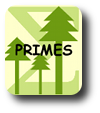
April 26-27, 2007
Networks in Ecology and Beyond.
Colorado State University, Fort Collins (USA).
(attended).

March 29, 2007
Museo Nacional de Ciencia y Tecnología, Madrid (Spain).
organized by Ricard V. Solé.
Oral contribution (by invitation):
"Redes ecológicas: complejidad y fragilidad".

September 11-15, 2006
36th Annual Conference, at Bremen (Germany).
Oral contribution:
"Habitat loss and the structure of plant-animal mutualistic networks".

August 6-11, 2006
91st Annual Meeting, at Memphis, Tennessee (USA).
Oral contribution:
"Spatial network structure and amphibian persistence in stochastic environments".

July 3-4, 2006
Data, Networks & Dynamics, at Heidelberg (Germany).
Tackling Complexity in Science, 2nd Workshop.
Coordinated by Markus Kirkilionis.
(attended as supporting node of Ecology)

September 23-24, 2005
Networks as Complex Systems, at Warwick (United Kingdom).
Tackling Complexity in Science, 1st Workshop.
Coordinated by Markus Kirkilionis.
(attended as supporting node of Ecology)
We are based at the Doñana Biological Station (EBD), a research institute of the Spanish National Research Council (CSIC) located in Seville (Spain)